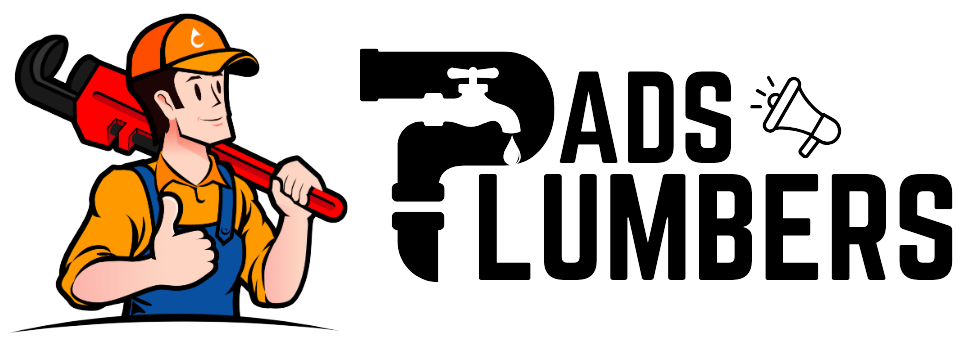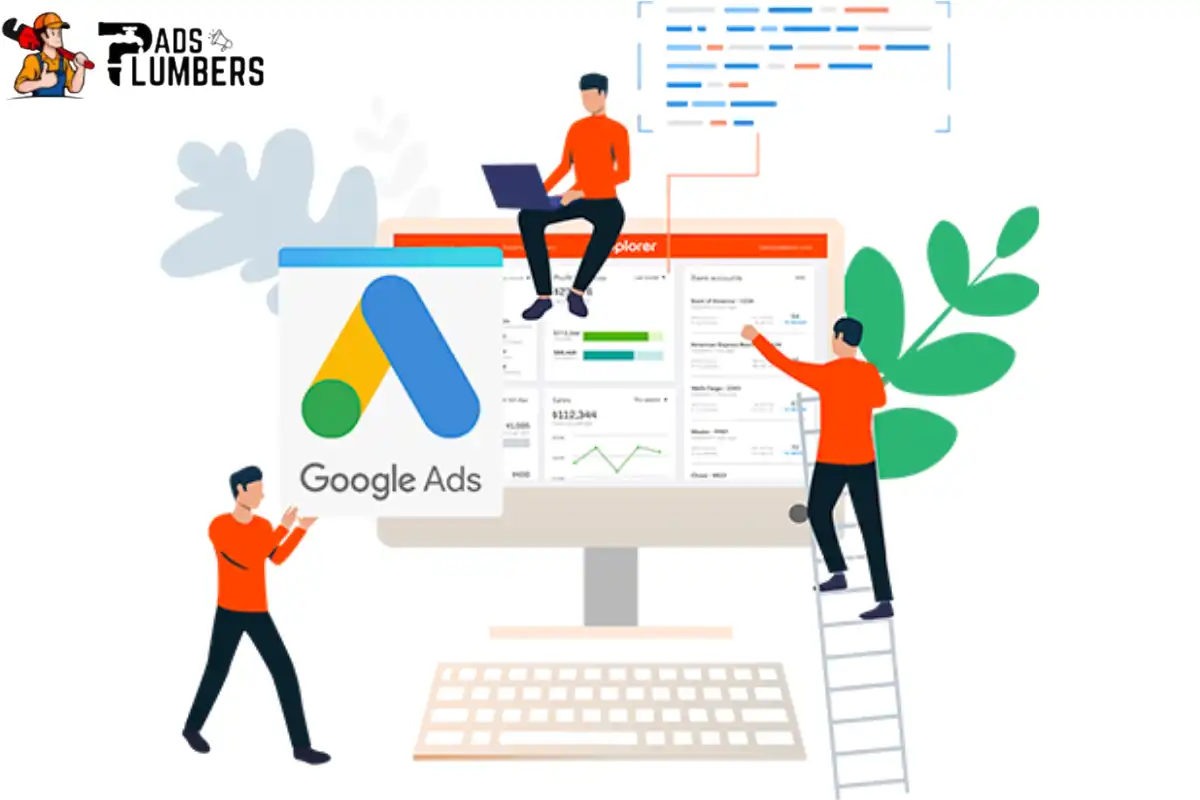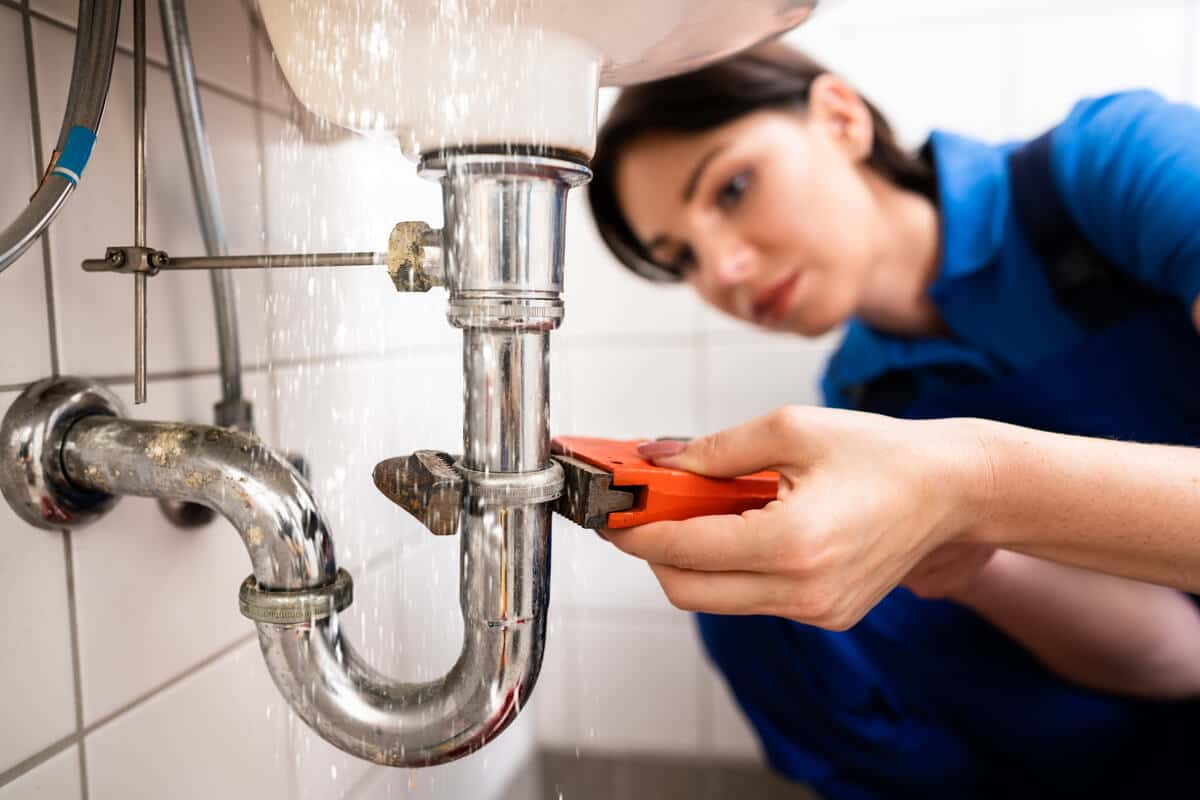Imagine spending hundreds or even thousands of dollars on online advertising but not seeing your phone ring as much as you hoped. For many plumbers, this is a frustrating reality. With Google Ads and Facebook Ads dominating the digital advertising space, it’s easy to wonder which platform truly delivers results. Are you investing in the right place? Or are your ads just burning through your budget without converting clicks into paying customers?
Choosing the right ad platform can be the difference between steady job bookings and wasted ad spending. In this article, we’ll dive deep into Google Ads and Facebook Ads specifically for plumbing businesses. You’ll learn the pros, cons, costs, and best use cases for each, supported by real-world case studies. By the end, you’ll know exactly which platform or combination can help grow your plumbing business in 2025.
The High Stakes of Choosing the Right Ad Platform
Plumbing businesses face fierce competition online. Potential customers turn to search engines and social media when they need a plumber, sometimes for urgent repairs, and other times for seasonal maintenance. But not every ad platform suits every business goal.
When your budget is limited, the stakes are high. The wrong choice means wasted money and missed opportunities. The right choice means more calls, more bookings, and sustained growth.
This article explores the strengths and weaknesses of Google Ads and Facebook Ads for plumbers, with case studies illustrating how real businesses found success or failure on each platform.
1. Understanding Google Ads for Plumbers
Google Ads is a pay-per-click (PPC) advertising platform that targets customers based on what they’re actively searching for. For plumbers, this means capturing demand from people typing queries like “emergency plumber near me” or “water heater repair.”
How Google Ads Works
Google Ads lets you bid on keywords related to your services. When someone searches those keywords, your ad appears at the top or bottom of the search results. You pay only when someone clicks your ad.
This search-intent targeting means you’re reaching users ready to hire. The leads tend to be high quality and convert faster.
Pros of Google Ads for Plumbers
- High-intent leads: People searching are often urgent, ready-to-hire customers.
- Local targeting: Focus ads on your service area.
- Immediate results: Ads can start delivering calls within hours of launch.
- Google Local Services Ads (LSA): Highly visible ads that appear above regular ads.
Cons of Google Ads
- Competitive and costly: Popular plumbing keywords can have high cost-per-click (CPC).
- Requires optimization: Poor targeting or ad copy wastes budget.
- Learning curve: Campaign setup and ongoing management can be complex.
Case Study #1: Joe the Plumber Tripled Emergency Calls with Google Ads
Joe, a solo plumber in Ohio, struggled to get calls for his emergency services. After switching to Google Ads focused on “emergency plumber near me” and “burst pipe repair,” Joe saw a 3x increase in calls within two months. His average cost per lead was $45, but the high job value justified the spending. By refining his campaigns regularly, Joe maximized ROI and booked more emergency jobs than ever before.
When to Use Google Ads
Google Ads works best for:
- Emergency plumbing repairs
- Drain cleaning services
- Heating and water heater repairs
- Services with urgent, immediate demand
2. Understanding Facebook Ads for Plumbers
Facebook Ads, part of Meta’s ad platform, works differently. Instead of targeting users by search intent, it targets them based on interests, demographics, and behaviours. Ads appear in the newsfeed, stories, or other placements and rely heavily on visuals.
How Facebook Ads Work
Facebook lets you create targeted ads using detailed audience data like age, location, interests, and online behaviour. It’s excellent for brand awareness and promoting offers to a wider audience.
Pros of Facebook Ads for Plumbers
- Strong for brand building: Helps your business stay top-of-mind locally.
- Targeted promotions: Promote seasonal services, discounts, or maintenance plans.
- Retargeting: Show ads to people who visited your website but didn’t book.
- Lower CPC: Generally less expensive than Google Ads.
Cons of Facebook Ads
- Lower immediate intent: Users aren’t searching for plumbers actively.
- Creative demands: Requires engaging images or videos to perform well.
- Slower lead conversion: Ads may nurture leads over time rather than instant calls.
Case Study #2: Boosting Maintenance Plans with Facebook Ads
A mid-sized plumbing company in Texas used Facebook Ads to promote their annual maintenance plans. By targeting homeowners aged 30-55 in their local area with video ads showing the benefits of regular plumbing check-ups, they increased maintenance plan sign-ups by 50% in six months. Though calls were less immediate, the campaign nurtured ongoing relationships that generated steady revenue.
When to Use Facebook Ads
Facebook Ads are best for:
- Brand awareness and community engagement
- Promoting maintenance contracts or seasonal offers
- Retargeting website visitors who didn’t convert
- Growing your email or SMS marketing lists
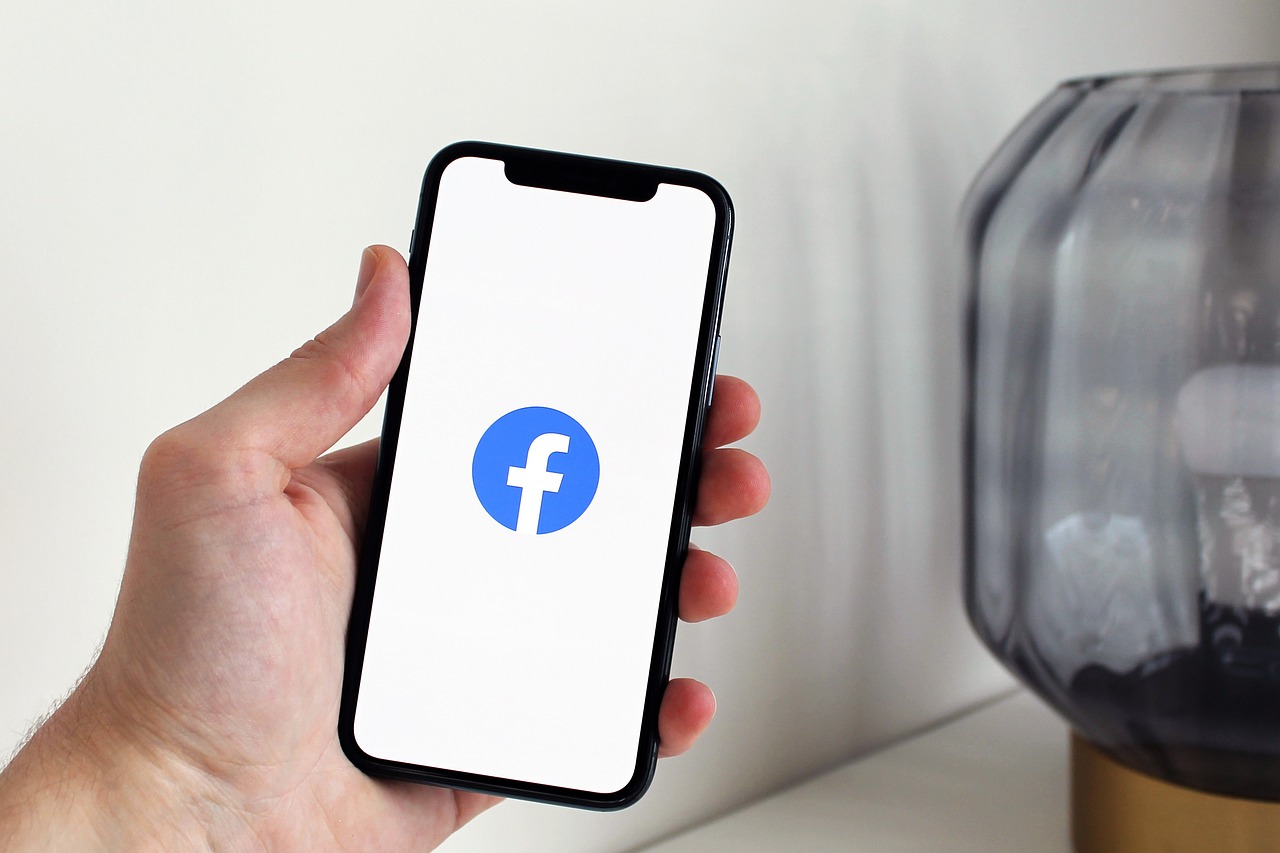
3. Comparison Table: Google Ads vs Facebook Ads
| Feature | Google Ads | Facebook Ads |
| Buyer Intent | High (search-driven) | Medium to Low (interest-based) |
| Cost Per Click (CPC) | Higher | Lower |
| Best For | Emergency and urgent services | Branding, promotions, retargeting |
| Lead Quality | High (ready to hire) | Moderate (needs nurturing) |
| Ad Formats | Text ads, Local Services Ads | Images, videos, carousel ads |
| Result Speed | Immediate (if optimized) | Medium (requires engagement) |
| Targeting | Keywords, location | Demographics, interests, behavior |
4. Cost Breakdown: Which Platform Gives Better ROI?
Cost is often a deciding factor for plumbers who want to maximize every ad dollar.
Google Ads Costs
- Average CPC for plumbing keywords can range from $5 to $15, depending on location and competition.
- Google Local Services Ads charge per lead, often between $20 to $40.
- High-intent leads tend to convert faster, which improves ROI.
Facebook Ads Costs
- Average CPC is usually lower, around $1 to $3.
- However, since intent is lower, the conversion rate can be less predictable.
- You may need longer campaigns with nurturing strategies.
Case Study #3: Budget Battle Google vs Facebook with Same Spend
A plumbing company in Florida spent $1,000 on Google Ads and $1,000 on Facebook Ads over one month. Google Ads generated 30 emergency calls with a 15% booking rate. Facebook Ads generated 60 clicks but only 10 bookings from longer-term follow-up. Google’s cost per booked job was $22, Facebook’s was $40. The company concluded that Google Ads worked better for immediate revenue, while Facebook helped build brand awareness for future bookings.
Tips to Track ROI
- Track calls and booking sources through call tracking software.
- Use conversion tracking pixels and UTM parameters.
- Measure the lifetime value of customers acquired via each platform.
5. When to Combine Both Platforms for Better Results
For many plumbers, the best results come from using both platforms strategically.
- Use Google Ads to capture urgent demand and immediate bookings.
- Use Facebook Ads to nurture leads, promote seasonal offers, and build long-term relationships.
- Retarget visitors who click your Google Ads with Facebook campaigns to increase conversions.
Case Study #4: Doubling ROI with a Combined Approach
A mid-sized plumbing company in California combined Google Ads for emergency calls with Facebook Ads retargeting users who visited their site. Over six months, they doubled their ROI compared to using just one platform. Their funnel captured high-intent leads and nurtured those who weren’t ready to book immediately.
6. Choosing Based on Business Size and Goals
Your choice depends on factors like:
- Business size: Solo plumbers might focus more on Google Ads for immediate calls.
- Budget: Limited budgets may start with Facebook Ads for brand building.
- Service type: Emergency repairs lean toward Google Ads; maintenance plans toward Facebook.
- Marketing skills: DIYers may prefer one platform over the other based on ease of use.
7. Final Verdict: So, What Works Best for You?
- If you need immediate leads for emergency or urgent plumbing jobs, Google Ads is usually the best choice.
- If you want to build brand awareness, promote seasonal offers, and nurture potential customers over time, Facebook Ads are valuable.
- Many successful plumbers run both in tandem, using data to optimize and scale.
Summary
There is no one-size-fits-all answer when it comes to choosing between Google Ads and Facebook Ads for your plumbing business. Every plumbing company operates under different circumstances, whether it’s your target market, service offerings, geographic location, or budget constraints. These unique factors play a critical role in determining which advertising platform will yield the best results for you.
Rather than committing your entire budget to one platform right away, a smarter approach is to start small. Launch test campaigns on both Google and Facebook to gather real-world data on which platform generates more leads, higher-quality prospects, and ultimately better return on investment. Testing helps you understand how your specific audience interacts with each platform and reveals where your ad dollars can be stretched the furthest.
Once you have enough data, measure your results meticulously. Use tracking tools to analyze calls, conversions, cost per lead, and customer lifetime value. This detailed insight lets you identify the winning platform or even a combination of both that aligns with your goals.
FAQs
Q: What’s the average ad budget for plumbing businesses?
A: Budgets vary widely. Solo plumbers might spend $500–$1,000/month, while larger firms spend $3,000+.
Q: Should I invest in Google Local Services Ads or standard Google Ads?
A: Local Services Ads can deliver highly qualified leads, but may be more expensive. Testing both helps find what works.
Q: How often should I check my campaign performance?
A: Weekly monitoring is ideal to optimize targeting and budgets.
Q: Is Facebook still worth it if I already run Google Ads?
A: Yes, Facebook complements Google by nurturing and retargeting prospects.
Q: How soon can I expect results?
A: Google Ads can generate calls within days; Facebook Ads typically take longer to build awareness and conversions.
